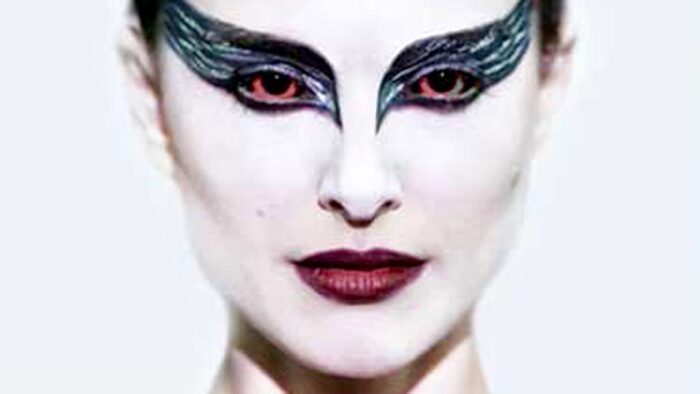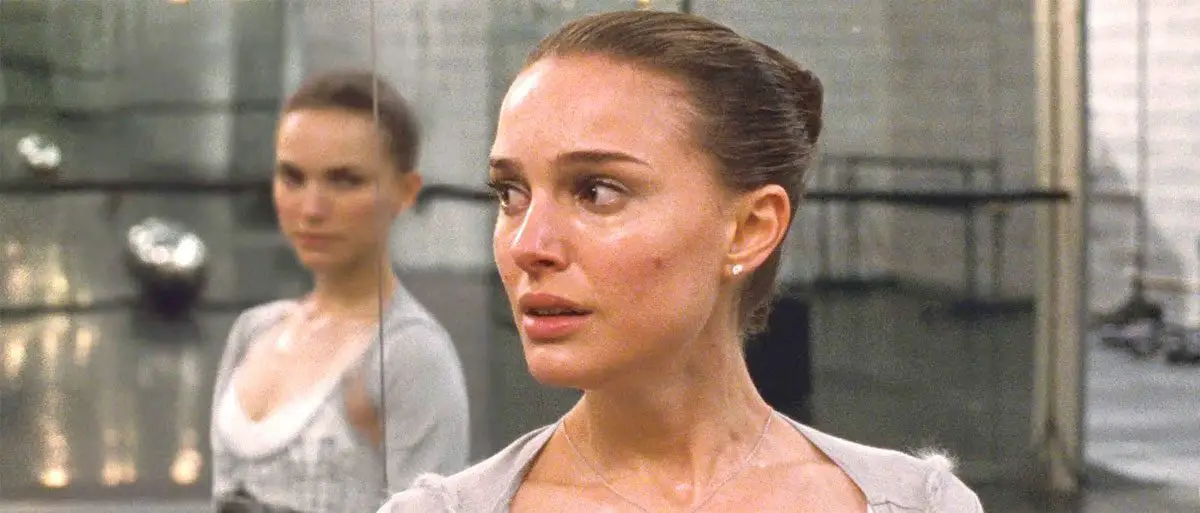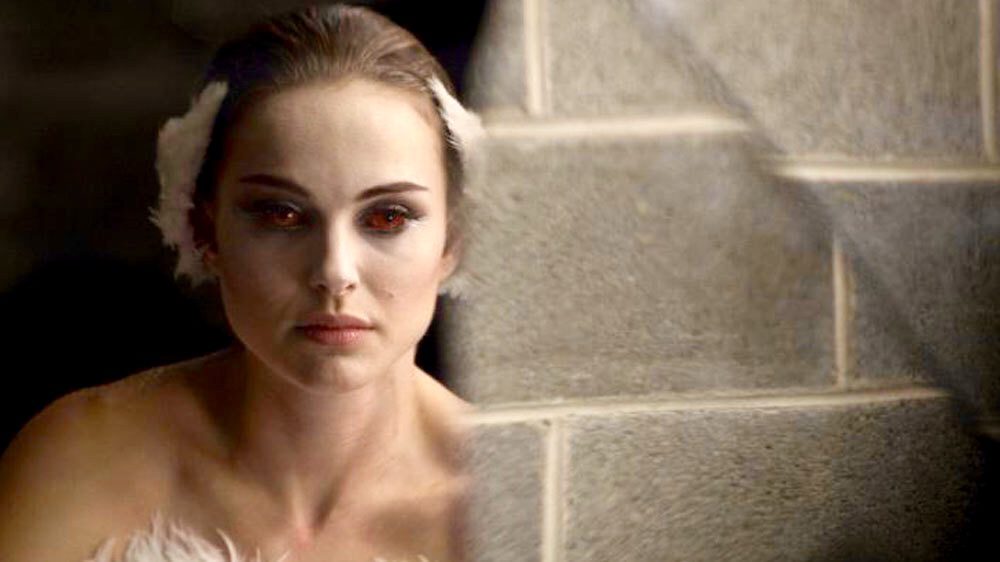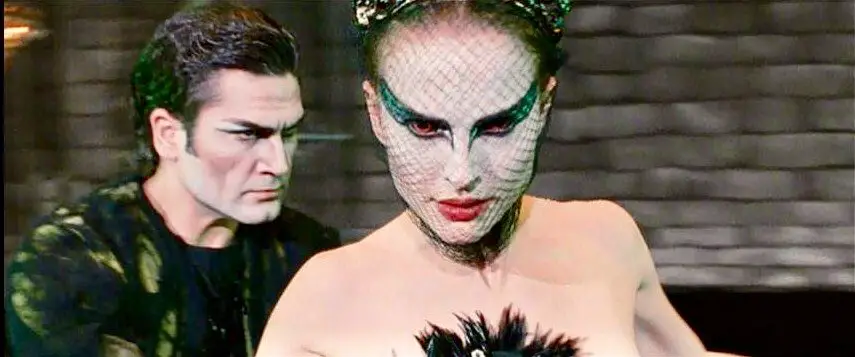Since as far back as I can remember, I’ve always had a deep fascination with duality and the idea of the darker self that we all harbour deep inside us. That person that we have the potential to be if our aggression ever gets the better of us when inhibitions are low is something that’s constantly explored across all mediums and genres. Every hero has faced this in the manifestation of an opponent, whether they be a villain that reflects a counterpoint in themselves or a literal evil double; most superheroes, for example, have both and these were the first I came across in my early years.
Now it could be argued that these latter types of antagonists are simpler, less imaginative characters and in some cases that’s true, yet whenever a shadowy doppelgänger appears in any kind of narrative, it never fails to pique my interest and I know I’m not alone in this respect. So why is this kind of fight so intriguing? Well, it was Plato who said:
“The first and best victory is to conquer self.”
This is a sentiment that has been echoed by numerous philosophers and thinkers over the ages and has been appropriated in musings on everything from the pursuit of happiness to relationship advice. So the greatest struggles are those that are with the self and the numerous ways that this is portrayed visually in film and TV are always interesting. This brings us to Darren Aronofsky’s Black Swan.

What this film does so cleverly is illustrate this battle through a ballet dancer who gets the opportunity to play the lead role in Swan Lake. The part entails inhabiting both the characters of the pure, sweet White Swan as well as the provocative, malicious Black Swan, who is conjured in the story of the ballet to steal the love interest she yearns for. The protagonist of the film is Nina, played by Natalie Portman, who paid for a year of training out of her own pocket to prepare for the role. A ballet dancer is the perfect profession for a character to have when exploring these themes. Most people are aware of the intense level of practice that they have to maintain and this is the perfect breeding ground for a mental breakdown.
The competitive nature of dance coupled with the intense pressure to produce a perfect performance creates palpable tension throughout the film and makes you think that you should be careful what you wish for. However, what’s causing Nina the most stress is trying to break away from her sheltered personal life with an overbearing, suffocating, borderline psychotic mother who is doing her best to live vicariously through her. Only when she does and has her sexual awakening will she be able to let go in her performance and transcend into the Black Swan. It doesn’t help that her fellow dancers are pecking (pun intended) at her heels and watching her every move like a hawk, waiting for her to inevitably slip up.
Also thrown into the mix is her creepy choreographer Thomas, who uses the coaching of dancers as an excuse to make advances on them. He also seems to enjoy playing the girls off against each other and he uses one dancer in particular, Lily, to push Nina to her breaking point. She is everything Nina isn’t and is plagued by her at every turn. Lily is carefree, flirtatious and sexy. She starts out as a friend and even becomes a sexual fantasy but gradually becomes Nina’s villain. However, she is just a placeholder for her true opponent, her own dark doppelgänger, even though they sometimes seem to be one and the same. She starts to appear in the peripheries of Nina’s life right from the outset, seen initially in the faces of other women on the street and the subway.

Aronofsky then employs all the best horror tropes in subtle ways to introduce her little by little, turning Nina’s life into a waking nightmare, in a way that only he can. There’s also shrewd imagery and dialogue used to foreshadow her arrival. Aronofsky said his inspiration for the film was the Fyodor Dostoyevsky novella The Double. It’s a great book and one I would recommend about a man who’s visited one day by his own doppelgänger. This duplicate inserts himself into every facet of the protagonist’s life, taking credit for anything good and deflecting anything bad back to him. This drives him to insanity and eventually to being institutionalised. Richard Ayoade adapted the book more closely into a very underrated, steampunk, black comedy film of the same name starring Jesse Eisenberg.
Black Swan also becomes a commentary on the pursuit of perfection. What Nina has to awaken in herself and sacrifice to obtain it raises the question of whether it was really worth it. She has a wild night out experimenting with drugs and random guys that are facilitated by Lily; it gets to the point when she has to physically fight off her mother when she tries to prevent her from performing over concerns of her mental state and finally, Nina has to confront her double and ends up stabbing and killing her in her dressing room. By doing so, she then becomes everything she was so afraid of but delivers a perfect, devastating performance as the Black Swan.
This sequence of her transformation is one of my favourite set pieces. Everything from the visual effects and sound design to the makeup and costumes is perfect. Afterwards, she realises that there was no doppelgänger in her dressing room and she has actually stabbed herself instead. She goes back out to finish the play as the White Swan and it’s not until the end of the performance, after she has jumped off stage to signify her character taking her own life, that anyone realises what she’s done to herself. The dancers crowd around her in awe, offering congratulations and are then horrified to see that she’s bleeding out. She mutters that she faked it and her performance was perfect before the shot whites out, suggesting that she may have made the ultimate sacrifice.

Black Swan is one of the best stories that explores the doppelgänger as it works on so many levels and this is why the film is so compelling. The first layer of duality is in her literal day-to-day in the form of Lily and Thomas coaxing her darker self out of her. This is also reflected in the juxtaposition between her practicing/performing in her immaculate, pristine costumes in the bright studio/stage and the drab tracksuits, leg warmers and Uggs she wears outside in the cold, dark city streets. The next layer is with her shadow self, which is the main draw of the film.
However, there is yet another layer which is her literally transforming into a swan. This is shown using multiple body horror techniques that involve wings starting to protrude from her back gradually throughout the narrative, starting with a rash all the way up to when her arms transform into wings during her performance as the Black Swan. We also see her toes fusing together into webbed feet and at one point her legs bending backwards. Aronofsky said something clicked for him when he realised that Nina is a “Wereswan.” This is not only a perfect motif that complements the themes of duality and body horror but also the goal of the ballet dancer to capture the spirit and elegance of the creature in their performance.
The film also works on the metaphysical level of paying tribute to a classic, timeless ballet with one of the best, most exquisite scores by Pyotr Ilych Tchaikovsky, without being a crass translation from one medium to another. It encouraged me to see a performance in real life and it was nothing short of magical. On another occasion, I bought some tickets for a friend and her partner to see it and they said it was the best gift they’d ever received, so it goes without saying that I’d recommend that everyone sees a version of it once in a lifetime.

When studying film at University, the first short film I made explored the exact same themes as Black Swan. The ending to my own narrative was weirdly similar and there was even some shared dialogue, even though I made my film a few years before Aronofsky’s. This does make me a little bit proud but I think it’s more to do with the fact that the themes are universal and ones that many creatives constantly meditate on.
Carl Jung said that the “shadow aspect” is an unconscious part of the personality which the conscious ego does not identify in itself, or everything a person is not fully conscious of, making the shadow the unknown side of oneself. As people tend to reject or remain ignorant of what they perceive to be the least desirable aspects of their personality, the shadow is largely negative. He also says that these may be our more base, primal instincts that are instinctive and irrational; therefore prone to projection. The more they are suppressed, the stronger we unconsciously project these aspects and they bring about a situation characteristic of their powers.
There are, however, positive aspects that may also remain hidden in one’s shadow, especially in people with low self-esteem and anxieties; such as Nina. This is demonstrated by her final performance but it’s finding that balance between the two that we all have trouble with at one time or another. There are things that I’ve done that in retrospect, were out of character but have lead to some of the best discoveries in my life. However, I’m sure that everyone at some point has done something that they regret—when they lost their temper, were inebriated or worse. I know I certainly have, I’ve done things that I’m deeply ashamed of, that when they pop into my head, I cringe in every possible way.
When this happens, you can’t help but wonder if those actions define you in any way and if they’re a part of your personality. If you believe what Jung says, they are part of you and it’s about knowing it that‘s key to conquering your shadow self. This’s why Black Swan is one of the most important cautionary tales, Nina most certainly did not and it most likely cost her life. When you meet your own shadow self, if you confront it with imperfect courage, it will utterly annihilate your soul.
“There is in every one of us, even those who seem to be most moderate, a type of desire that is terrible, wild, and lawless.” – Plato


